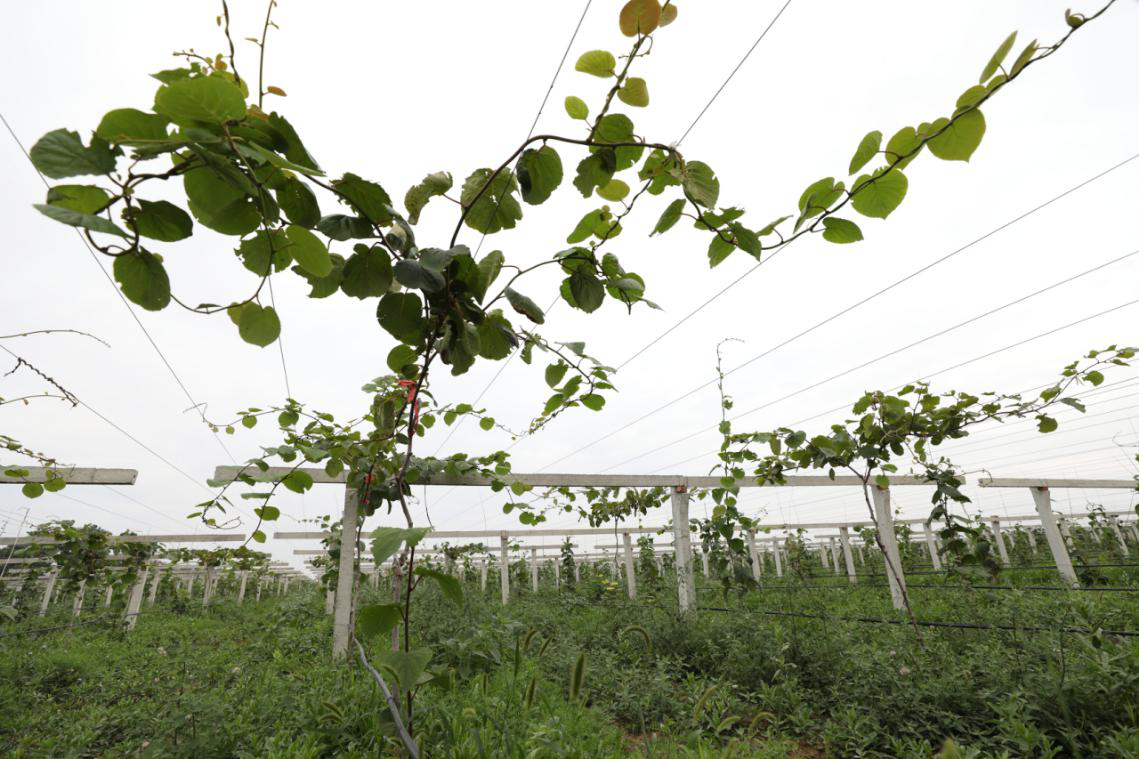Focus: rural revitalization in NW China's Shaanxi

Thirty years ago, a piece of news from Shaanxi Daily accidentally changed the life course of Wang Xinxu and his son Wang Gaohong, two villagers in Xinglin town of Fufeng county. They learnt that acer truncatum bunge had high economic value because the oil extracted from its seeds was rich in nervonic acid, a kind of precious substance that had proved useful in treating dementia, cerebral thrombosis and coronary heart disease.
From then on, they set their minds on cultivating acer truncatum bunge and creating the nation's largest planting base. Under the guidance of Professor Wang Xingyan of Northwest A&F University, the father and son went through thick and thin and at last fulfilled their dreams. The nursery stocks of acer truncatum bunge in their 200-hectare demonstration base have been sold to more than 20 provinces, municipalities and autonomous regions in China and "the supply falls short of demand every year", Wang Gaohong said.
An acre of acer truncatum bunge can generate at least 5,000 yuan more revenue than growing grains. In recent years, the local government has been devoted to promoting the nursery stock industry as a major support for rural revitalization. Led by Baofeng Garden Science and Technology Co Ltd, more than 3,600 local households, including 1,195 poor households, are now dedicated to planting acer truncatum bunge.
So far, the planting area in Xinglin town has reached 800 hectares and achieved an output value of nearly 70 million yuan. Three hundred and eighty-five poor families have been lifted out of poverty and 400 more are set to throw off poverty when selling out their saplings this year.
"Next, we will further expand the planting area and extend the industrial chain to step up our efforts in promoting poverty alleviation and rural revitalization." Wang Gaohong said.


























